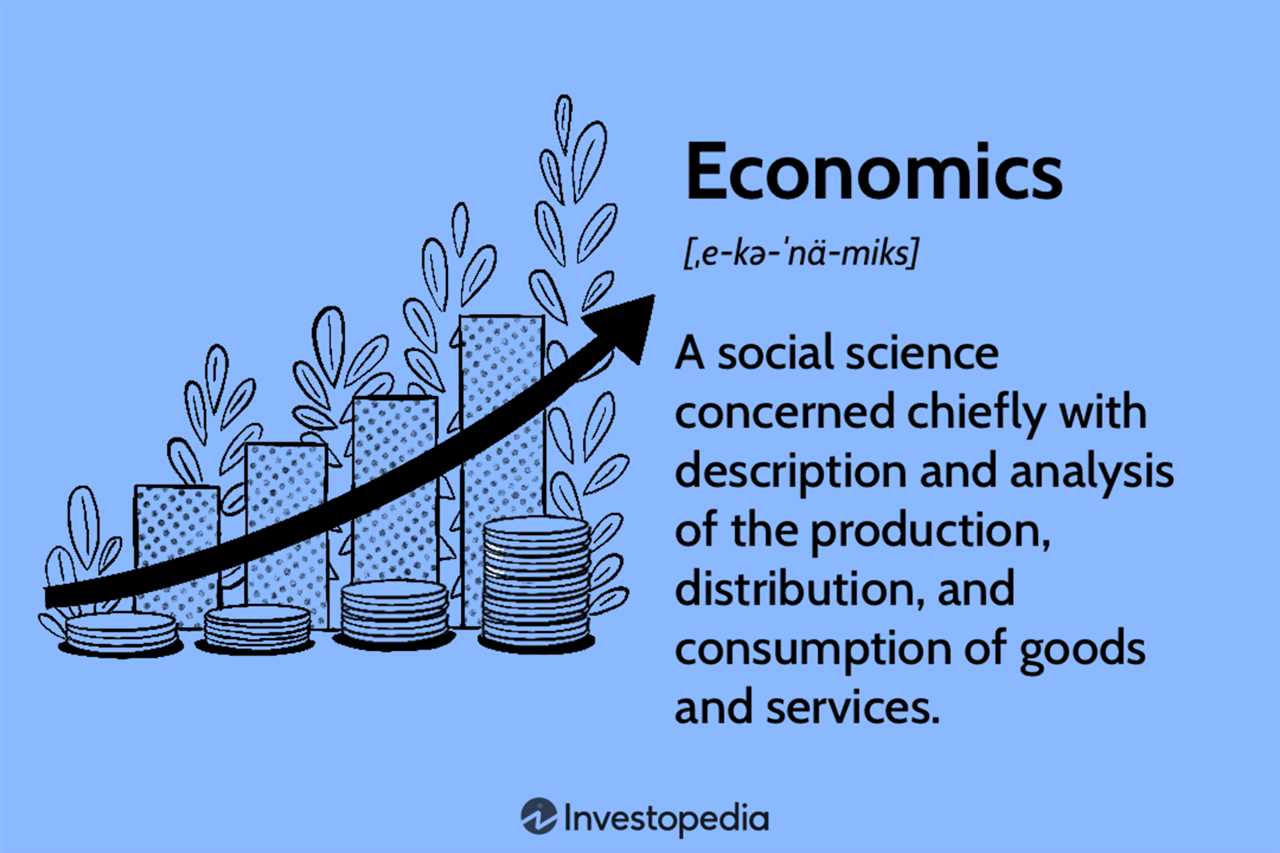Definition of Development Economics

Development economics is a branch of economics that focuses on the study of how countries can achieve economic growth and improve the standard of living for their populations. It examines the factors that contribute to economic development, such as investment, trade, technology, education, and governance.
Development economics seeks to understand the causes and consequences of poverty, inequality, and underdevelopment in different countries and regions. It explores the role of government policies and interventions in promoting economic development and reducing poverty.
One key aspect of development economics is the study of economic indicators, such as gross domestic product (GDP), income distribution, and poverty rates. These indicators help economists measure and analyze the progress of countries in terms of economic development.
Development economics also considers the social and environmental impacts of economic development. It examines how economic growth can be sustainable and inclusive, taking into account the well-being of future generations and the preservation of natural resources.
In summary, development economics is a multidisciplinary field that combines economic theory, empirical research, and policy analysis to understand and promote economic development. It seeks to address the challenges of poverty, inequality, and underdevelopment, and to foster sustainable and inclusive growth for all.
Types of Development Economics
Development economics is a multidisciplinary field that encompasses various approaches and theories to understand and promote economic development in different countries and regions. There are several types of development economics, each focusing on different aspects and perspectives of economic development.
1. Classical Development Economics: This approach to development economics emphasizes the role of markets and free trade in promoting economic growth. It is based on the classical economic theories of Adam Smith and David Ricardo, which argue that free markets and specialization lead to increased productivity and economic development.
2. Structuralist Development Economics: This type of development economics focuses on the structural barriers and constraints that hinder economic development, such as income inequality, lack of infrastructure, and limited access to credit. Structuralist economists argue that government intervention and policies are necessary to address these barriers and promote inclusive growth.
3. Neoclassical Development Economics: Neoclassical development economics combines elements of classical economics with modern theories of economic growth and development. It emphasizes the importance of market-oriented policies, investment in human capital, and technological progress in promoting economic development.
6. Sustainable Development Economics: Sustainable development economics focuses on promoting economic growth and development while ensuring the long-term sustainability of natural resources and the environment. It emphasizes the need for environmentally friendly and socially responsible development strategies.

Emily Bibb simplifies finance through bestselling books and articles, bridging complex concepts for everyday understanding. Engaging audiences via social media, she shares insights for financial success. Active in seminars and philanthropy, Bibb aims to create a more financially informed society, driven by her passion for empowering others.
